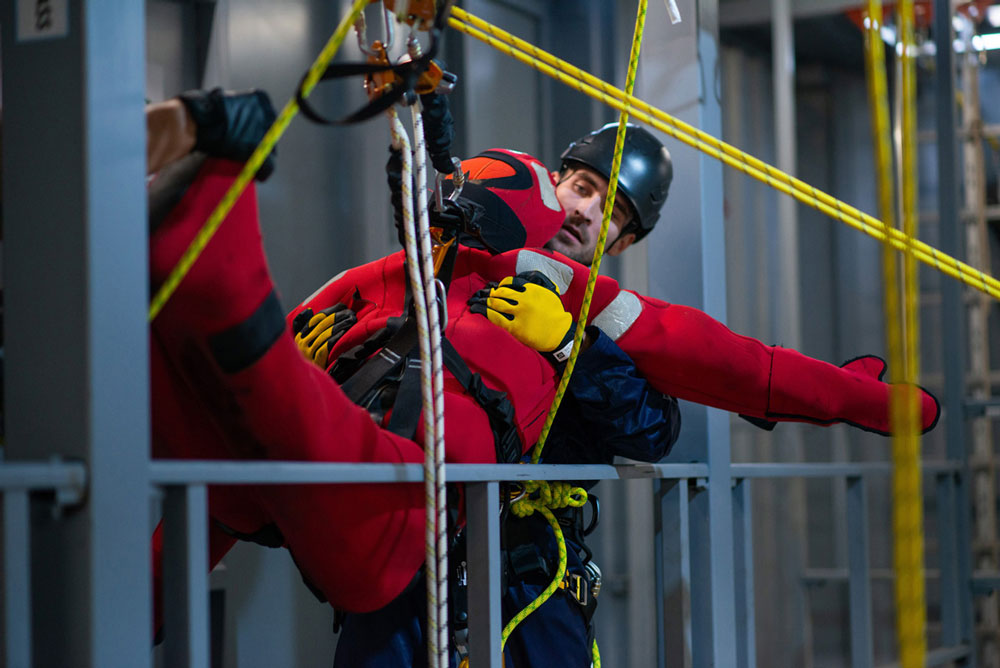Not everyone follows the usual route when building a career. For those looking for an exciting and rewarding path, rope access training opens an array of possibilities. A rope access course teaches practical abilities that transcend everyday roles. These skills are used in the fields where access to places that are difficult to reach is crucial. Many choose rope access courses to get into exciting fields such as inspection, maintenance, or construction. From bridges and tall structures to bridges, the demand for trained professionals is always increasing. The industrial rope access training helps prepare individuals for the real-world scenarios. With rope access accreditation, the path to a skilled, hands-on occupation really begins. It’s a field built upon safety, expertise, and trust. Rope access isn’t just about physical strength, but it’s about recognized qualifications too. IRATA training is the most renowned standard for rope access specialists. The completion of IRATA levels 1 and 2 training provides the foundation needed for entry-level work. It is the IRATA level 1. rope accessibility course has been designed for people who are beginning their journey. If you are looking for more information on irata level 1 course, just go to the earlier mentioned site.
It covers the fundamentals required for safe operation on ropes. After completion, learners earn their IRATA certification, which proves that they meet the requirements of industry. Most begin with an IRATA level 1 training course, and go on to level 2 and up. As they get experience, they can climb the ranks and tackle more difficult tasks. The progression of rope access is clearly laid out. As the professionals get experience, they can advance to IRATA level 3. It is the most prestigious qualification in the rope access field. The IRATA level 3 training equips individuals to lead teams as well as manage the safety of workers on site. An IRATA rope access level 3 technician is able to oversee operations and respond to emergency situations. This IRATA Level 3 CSCS card is also a proof of their expertise in construction and safety. Level 3 rope access isn’t only a job, it’s a leadership position. It requires knowledge, responsibility and a steadfast commitment to safety in demanding environments. There’s an increasing demand for rope access technicians in different sectors.
With IRATA qualifications and rope access certificates, professionals can find work in energy, telecoms, offshore rigs, and many more. A rope access certification is a flexible technique that works in many different environments. Industries rope access training makes sure that workers are able to perform tasks with safety at height. Employers value people who have completed the IRATA level 1 rope access course, since it indicates readiness and competency. With additional training and experience, workers are able to advance to higher levels. The route from entry-level up to expert is clearly defined, offering both challenge as well as stability for the long run in a particular field. Rope access provides a different direction for your career. It’s the perfect option for people who seek more than a desk job. From the very first rope access course through to IRATA Level 3, each step is a way to build skill and confidence. Rope access courses create opportunities in fields that traditional access methods aren’t effective. Earning IRATA certification means you’ve achieved the highest standards of international quality. When you begin with IRATA level 1 training or working towards an IRATA niveau three CSCS cards, each journey is satisfying. By completing rope accessibility training as well as a clear qualification path, individuals can enjoy an engaging, meaningful and a unique career path with a strong future.

